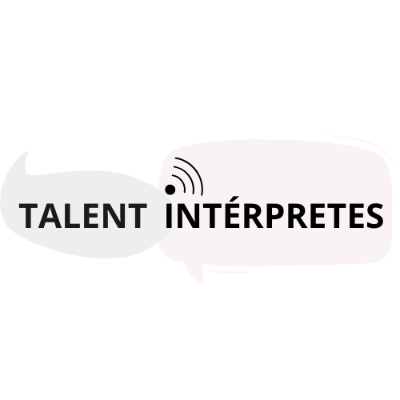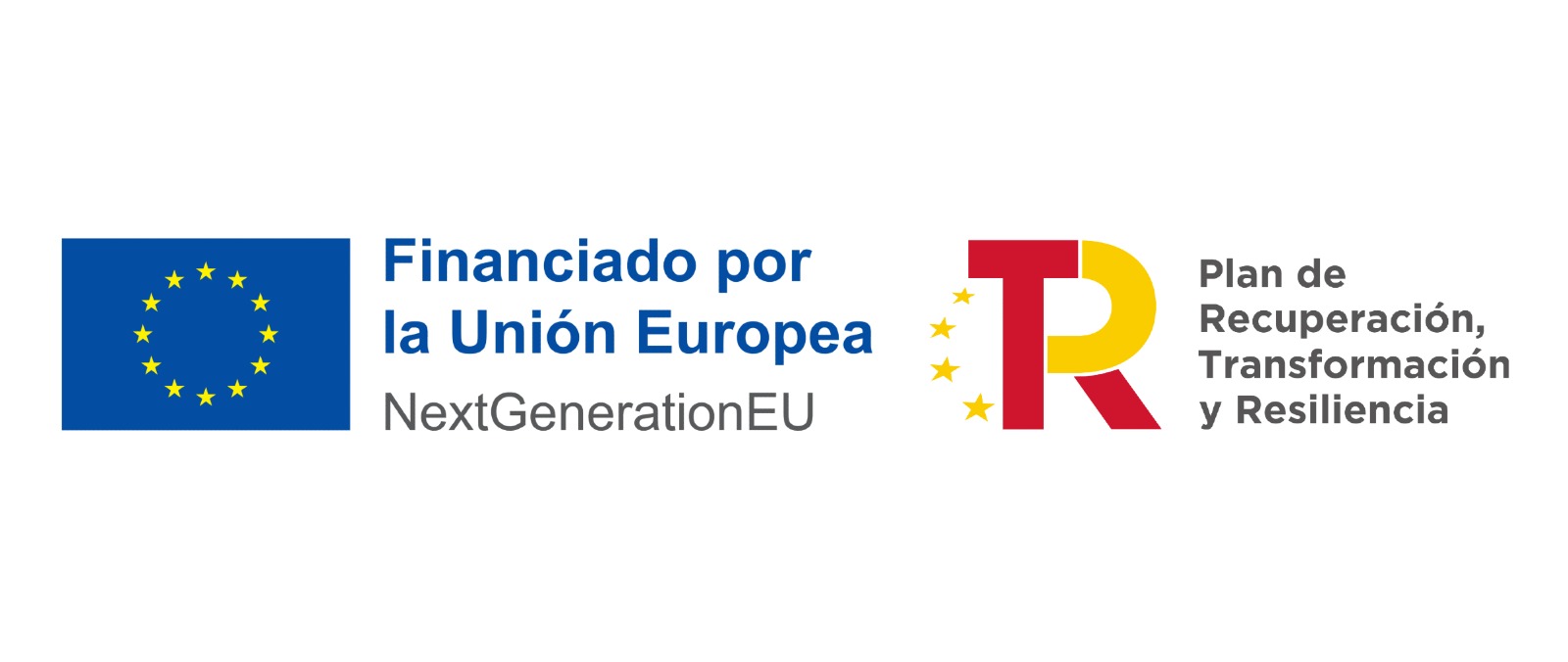FAQs
Do you have questions or need more information about how to make the most of our services? You are in the right place.
In this Frequently Asked Questions (FAQs) section, we’ve compiled a list of the most common questions we receive from our customers, along with clear and concise answers to each one.
Our goal is to provide you with clear and useful information to help you resolve your questions quickly and efficiently.
What is simultaneous interpretation and how does it work?
Simultaneous interpretation occurs instantly between speaker and interpreter. That is, it is a process by which an interpreter translates a speaker’s speech into another language in real time. In this way, communication acquires greater fluidity compared to the rest of the interpretation modalities.
This service can be done both in person and online. In the in-person modality, interpreters are usually located in soundproof booths from where they listen to the speaker’s speech and perform the translation for the attendees, who receive the translated message through listening devices. In the online mode, digital platforms are used to offer remote services. This type of remote interpreting is ideal for virtual conferences, meetings, or international events that involve participants in multiple locations.
How is sworn interpretation different from other types of interpretation?
Sworn interpretation differs from other types of interpretation in that interpreters must be certified by the government in order to perform official, legal translations. This form of interpretation is usually carried out in legal contexts such as trials, legal procedures, civil registration and any other situation that requires a guarantee of absolute accuracy and official recognition. Sworn interpreters translate all speeches and documents with legal precision, ensuring that the translated content has the same legal validity as the original.
How can I hire your interpretation services for an event in Spain or abroad?
Hiring our services has never been easier and can be managed for both in-person and online events, regardless of whether it is in Spain or outside Spanish territory.
To start the process, you can contact us through our website by filling out the form, call us by phone or write us an email. We will need details about the type of event, languages, location, dates and times, number of participants and required sound equipment (as applicable). Based on this information, we will coordinate all logistical and organizational details, including the selection of the most suitable interpreters and the preparation of the necessary technical equipment, guaranteeing a service of the highest possible quality, regardless of geographical location.
What technical equipment is necessary for simultaneous interpretation at an event?
For in-person simultaneous interpretation, there are two options:
Interpretation Booths – Require setup of soundproof booths, sound technician, microphones, headphones and transmission systems. These booths provide a controlled environment that allows interpreters to work without distractions, ensuring high-quality translation. Those attending the event use earpieces, which are small audio devices that allow them to listen to the interpretation in the language chosen by each attendee.
Earpieces or translation headphones (infoport): does not require assembly or a sound technician. They are receivers that work by radio frequency and go in a briefcase. The difference is that the interpreters would be in the same room sitting on the side and translating in a low voice.
For online events, virtual conferencing platforms that support multiple audio channels are used to facilitate interpretation in multiple languages simultaneously.
What are the advantages of choosing your interpretation and translation services?
Choosing our interpretation and translation services offers many advantages, among which:
Guaranteed quality: We have professional, highly qualified interpreters in a wide range of languages and specializations (from legal to commercial, and from medical to technological).
Experience: Our experience covers a wide variety of sectors, as well as different types of events, always ensuring a service that is perfectly adapted to the specific needs of each client.
Comprehensive technical support and advice – We offer comprehensive technical support to ensure that all phases of the interpretation service run smoothly, both for in-person and online events.
Flexibility: We adapt to any size and type of event, and offer personalized solutions that include in-person, remote services, infoport rental, translation booth rental, simple or sworn written translations, as well as technical advice for any type of meeting, event or conference.
How to choose Simultaneous Interpretation Services?
1st: Define the event and specific needs
Type of Event: Conferences, meetings, seminars, etc.
Audience: Number of participants and languages spoken.
Event format: whether it is in-person, virtual or hybrid.
Dates and times: when and at what time it will take place.
2nd: Consider the type of interpretation
Simultaneous: For large events where saving time is essential.
Consecutive: In events where the speaker pauses every 3-4 sentences.
Bilateral: When the speaker can pause more, or say shorter sentences, generally questions-answers, dialogues, audits, etc.
Whispered or cuchotage: in smaller events when the person being accompanied does not speak the predominant language of the event or when the installation of simultaneous interpretation equipment would be impossible or annoying.
Sworn: When the interpreter is required to be authorized by the Ministry of Foreign Affairs (e.g. in the Civil Registry, Courts, etc.).
3rd: Review the available technology
Equipment: Translation booths or portable sound equipment, such as earpieces (infoport).
Digital platforms: For virtual or hybrid events, make sure the platform supports simultaneous interpretation. A license may be required.
4th: Experience of the interpreter
Search for interpreters with relevant experience in the sector and similar events.
5th: Budget and cost
Compare quotes from different suppliers.
Consider all costs involved, including equipment and interpreter travel if necessary.
6th: References and reputation
Request and review references from other clients.
Read reviews and testimonials to gauge the satisfaction of previous customers.
7th: Support and additional services
Find out about availability of technical support during the event.
Check if additional services are offered, such as translation of event materials, hostesses, catering, etc.

